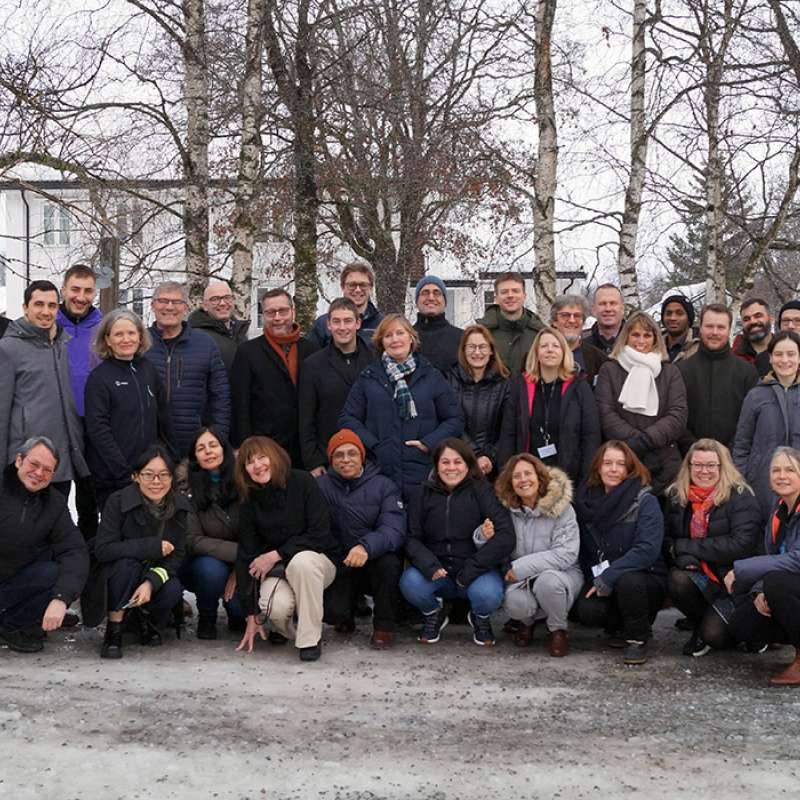Dalphy Ondine Camira Harteveld
Research Scientist
Authors
Dalphy Ondine Camira Harteveld Ola Sigurd Øygard Dale Håvard Vedå Vinh Hong Le Jorunn Børve Torfinn Torp Arne StensvandAbstract
No abstract has been registered
Abstract
No abstract has been registered
Abstract
No abstract has been registered

